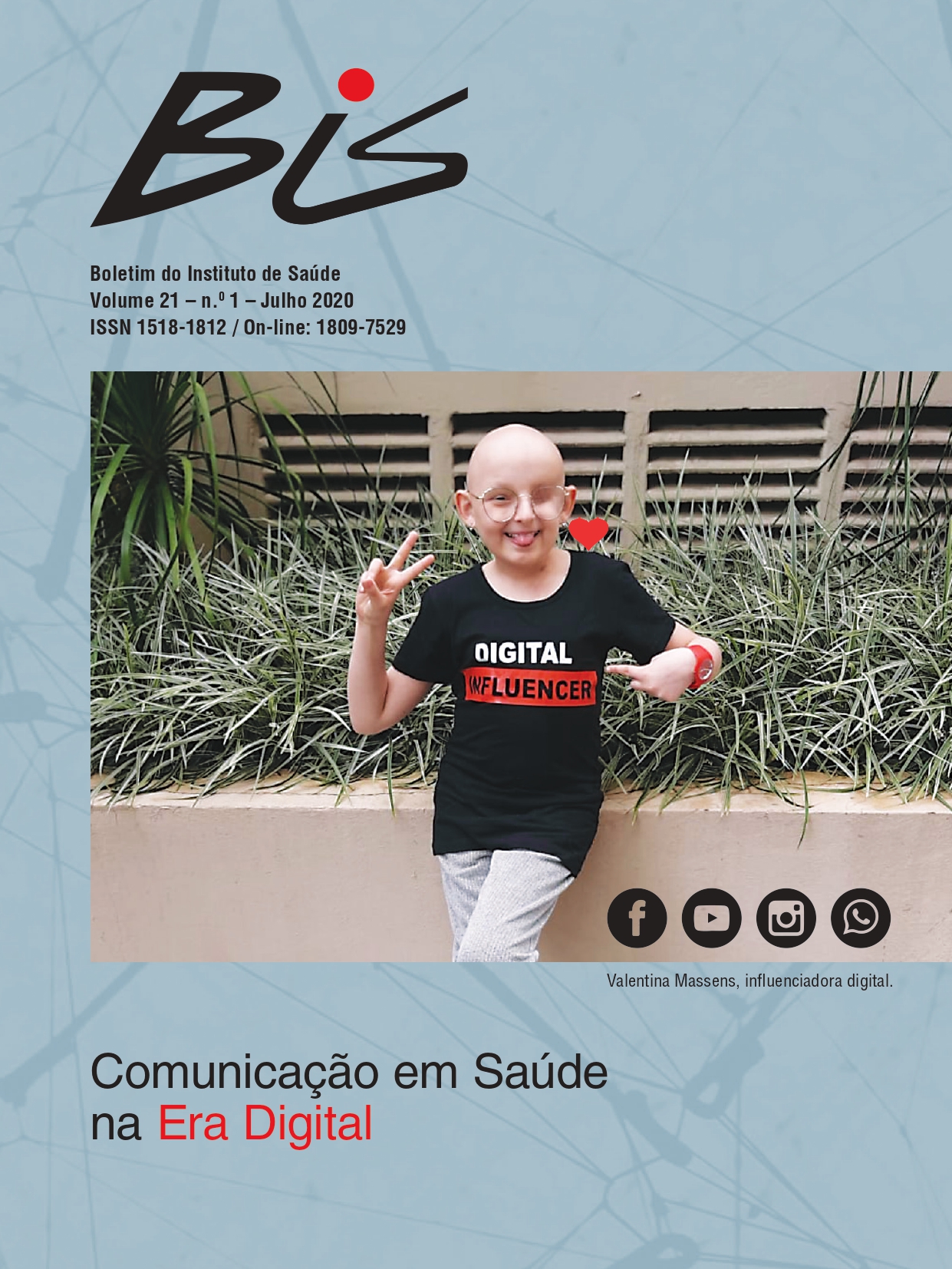Resumo
Apesar do avanço nos tratamentos contra o câncer infantil e o crescente índice de cura, chegando a 80%, quando diagnosticado e encaminhado a centros de tratamento oncológico precocemente, o diagnóstico continua sendo motivo de sofrimento e medo para os pacientes e seus familiares,
tanto pela mitificação da doença, quanto pela falta de materiais adequados disponíveis para se buscar informações. O presente artigo apresenta o desenvolvimento de um material acessível, um aplicativo, composto por 20 minijogos que explicam o câncer e o seu tratamento, para crianças diagnosticadas com a doença. Foram aplicados conceitos e princípios da Cocriação, Interdisciplinaridade, Design Thinking, Metodologia
Ágil e do Design Centrado no Paciente. A participação efetiva no projeto de partes interessadas permitiram acesso integrado às informações, facilitando a compreensão, identificação e codificação, que resultaram na geração de conhecimento facilmente acessível para a população-alvo, bem como na promoção do empoderamento e do engajamento, permitindo aos pacientes e a seus familiares a apropriação do novo contexto, transformando-os de indivíduos passivos em agentes transformadores.
Referências
Brasil. Rio de Janeiro: Inca; 2019.
02. Amaral M. App Baseado em Jogo e Comportamentos de Saúde de Crianças com Câncer [tese]. São Paulo:Pontifícia Universidade Católica de São Paulo; 2019.
03. Moore S. Nonadherence in Patients with Breast Cancer Receiving Oral Therapies. Clinical Journal of Oncology Nursing. 2010;14(1): 41-47.
04. Prahalad CK, Ramaswamy V. Co-Creation Experiences:The Next Practice in Value Creation. J. Interact. Mark.2004; 18 (3):5-14.
05. Piaget J. L’Epistemologie des Relations Interdisciplinaires. Paris: OCDE; 1972.
06. Jones A. The Innovation Acid Test. Axminster: Triarchy Press; 2008.
07. Brown T. Design thinking: uma metodologia poderosa para decretar o fim das velhas ideias. Rio de Janeiro: Elsevier; 2010.
08. Beck K, Beedle M, Bennekum A, Cockburn A, Cunningham W, Fowler M et al. Manifesto for Agile Software Development [internet]. 2001 [acesso em 27 ago 2020]. Disponível em: http://agilemanifesto.org
09. Reis CI, Freire CS, Fernández J, Monguet JM. Patient Centered Design: Challenges and Lessons Learned from Working with Health Professionals and Schizophrenic Patients in E-therapy Contexts.Communications in Computer and Information. Science. 2011;221(1):1–10.
10. Coulter A, Ellins J. Effectiveness of Strategies for Informing, Educating, and Involving Patients. BMJ.2007;335(7609): 24–27.
11. Instituto Beaba. Beaba do Câncer: Guia rápido do que você precisa saber sobre câncer. São Paulo: Instituto Beaba; 2015.
12. INCA - Instituto Nacional de Câncer José Alencar Gomes da Silva. Brincando de aprender. Rede Câncer [Internet]. 2017 [acesso em 27 ago 2020];37: 12-15. Disponível em: https://www.inca.gov.br/sites/ufu.sti.inca.local/files//media/document//rrc-37-versao-integral.pdf
13. Instituto Beaba. Alpha Beat Cancer. São Paulo: Instituto Beaba; 2017 .

Este trabalho está licenciado sob uma licença Creative Commons Attribution 4.0 International License.
Copyright (c) 2020 Simone Lehwess Mozzilli, Marina de Góes Salvetti, Verônica Ribeiro e Andrade, Ludmilla Rossi de Oliveira
